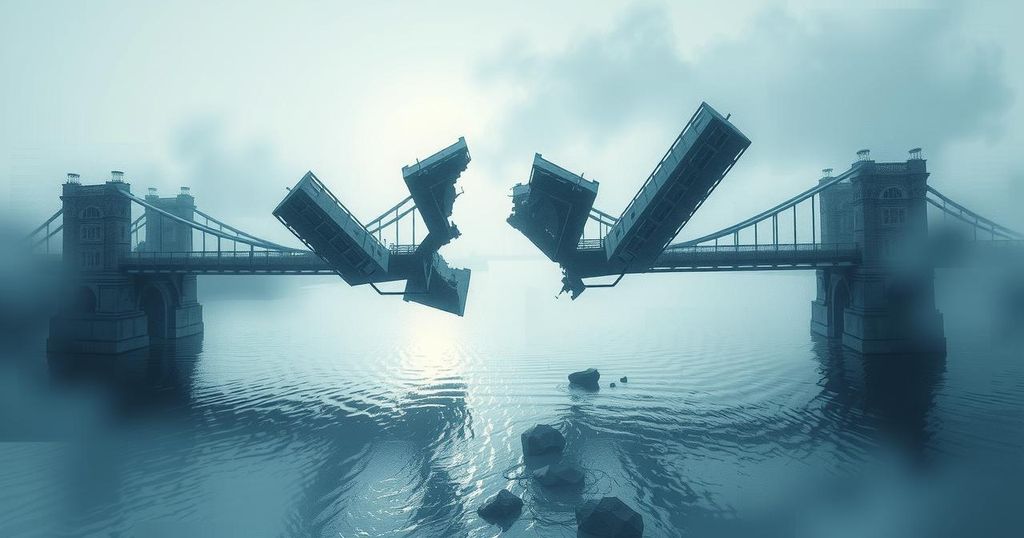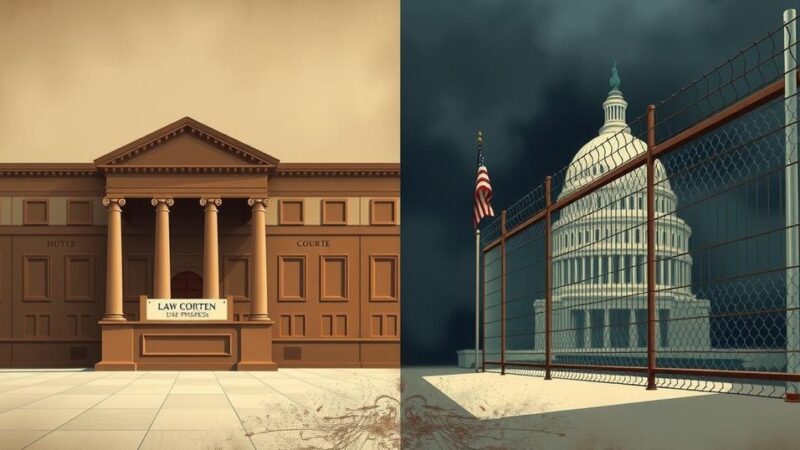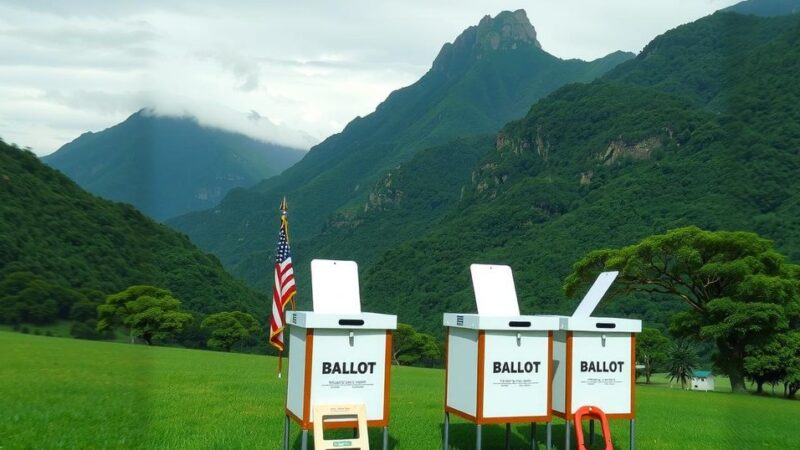Chancellor Scholz criticized U.S. Vice President JD Vance for supporting the far-right AfD party and interfering in German electoral matters. Vance claimed that Europe’s greatest threats stem from within, not from external powers. His controversial remarks at the Munich Security Conference drew widespread condemnation and were followed by a meeting with AfD leadership.
German Chancellor Olaf Scholz has expressed stern criticism of U.S. Vice President JD Vance for his recent support of the far-right AfD party and his comments regarding alleged anti-democratic practices in Europe. During the Munich Security Conference, Scholz emphasized that Germany would not tolerate foreign interference in its electoral processes, asserting the nation’s right to independently shape its democratic future.
In his controversial address, Vance suggested that European governments were compromising shared democratic values by their opposition to far-right movements. He claimed that Europe’s foremost threat did not come from external adversaries such as Russia or China, but rather from internal challenges to its democratic principles, specifically criticizing the European Union for perceived restrictions on social media and judicial actions against electoral outcomes.
Following his speech, Vance notably met with AfD Co-Chair Alice Weidel, an act interpretable as a breach of diplomatic etiquette considering the upcoming parliamentary elections in Germany on February 23. His remarks prompted widespread condemnation from attendees of the Security Conference, particularly as the organizers opted not to invite Weidel due to her party’s undemocratic stance.
Chancellor Scholz’s sharp response underscores Germany’s commitment to preserving its democratic integrity and rejecting outside interference, particularly from allies. Vance’s comments and subsequent actions demonstrate a contentious approach towards European political dynamics, particularly regarding the far-right. As Germany approaches its parliamentary elections, the implications of this discourse will be closely observed by political analysts and citizens alike.
Original Source: www.aa.com.tr






